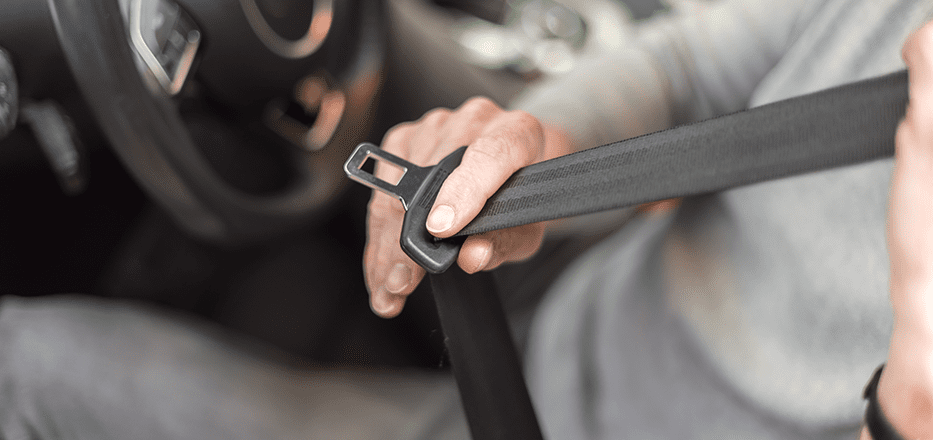
A new study co-led by M. Kit Delgado, MD, MS, associate professor of Emergency Medicine and Epidemiology and faculty director of the Penn Medicine Nudge Unit, found that small financial incentives can help drivers form long-term seatbelt habits. The research, published in the American Journal of Public Health, was led by Jeff Ebert, PhD, director of Applied Behavioral Science at the Nudge Unit. It showed that drivers who earned a share of weekly prize money for consistently buckling up were significantly more likely to wear seatbelts—even after the incentive program ended.
In the national study of more than 1,100 drivers, those in the shared prize group reduced their rate of unbuckled trips by 26% during the 10-week incentive period. Even after rewards stopped, they maintained a 33% lower rate of unbuckled trips compared to the control group. The shared prize model outperformed both a lottery-based reward and text message feedback, offering a low-cost, scalable strategy for improving driver safety.
Delgado noted that while enforcement-based strategies like traffic tickets can be effective, they aren’t always consistently applied. “This study shows that a ‘carrot’ approach—using small, guaranteed rewards tied to perfect seatbelt use—can work just as well, and build habits that last,” he said. The intervention cost just $4.40 per driver, suggesting it could be integrated into existing insurance incentive programs.
The research was conducted in partnership with General Motors and is part of a broader effort by the Nudge Unit to use behavioral science to promote health and safety. Ebert and Delgado are now studying how similar incentive models could reduce speeding, phone use, and other risky driving behaviors.